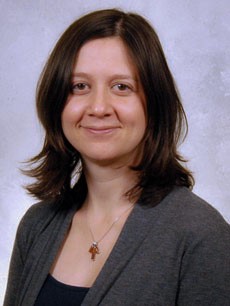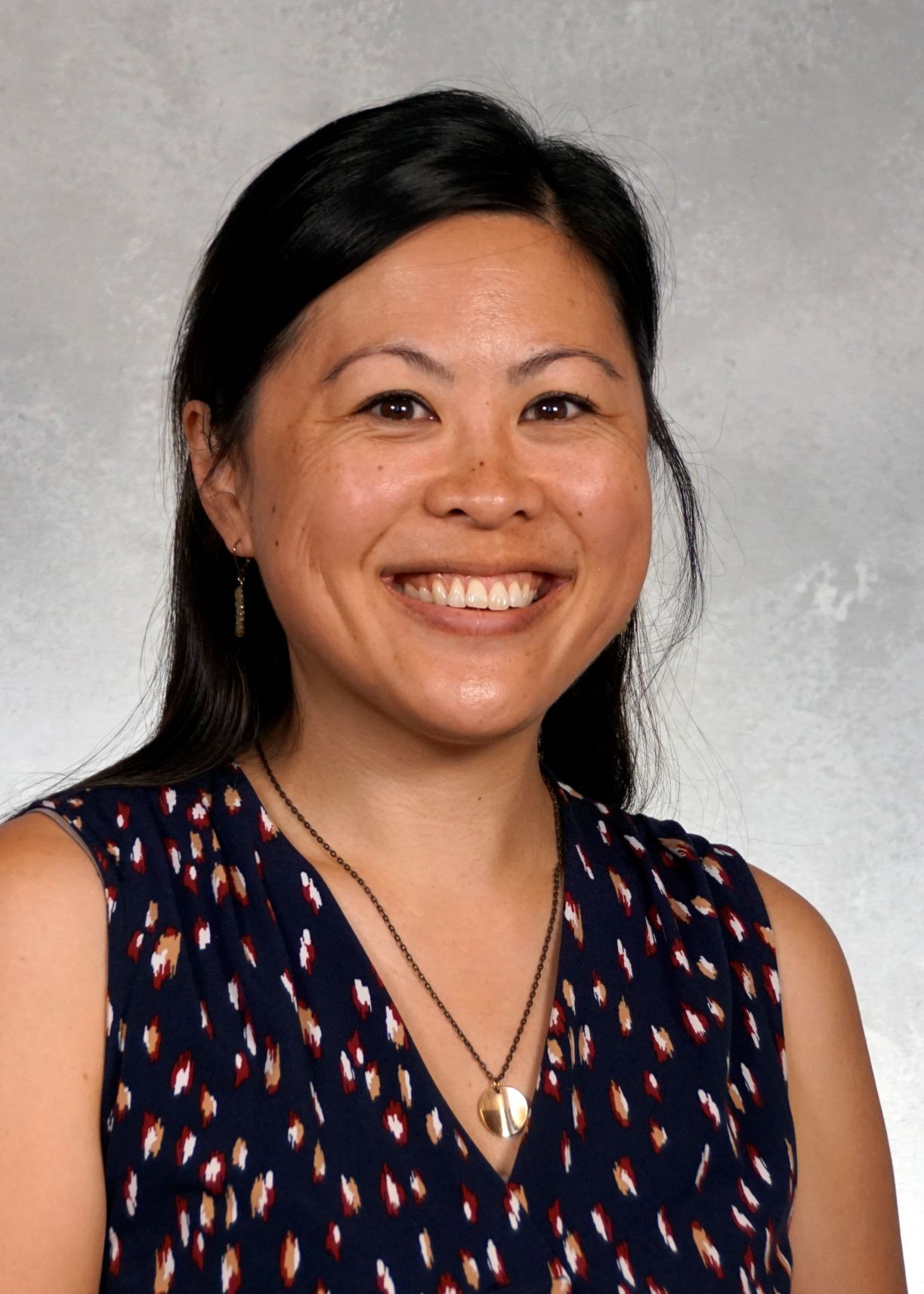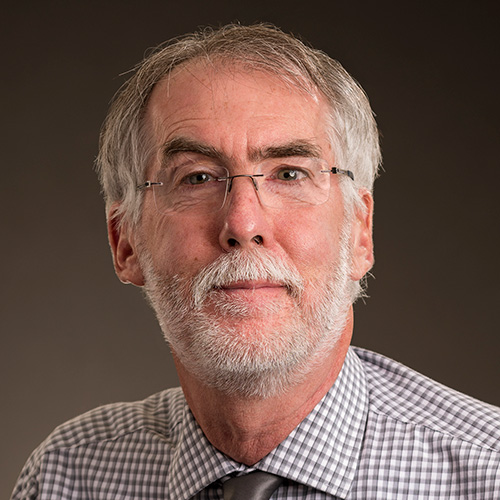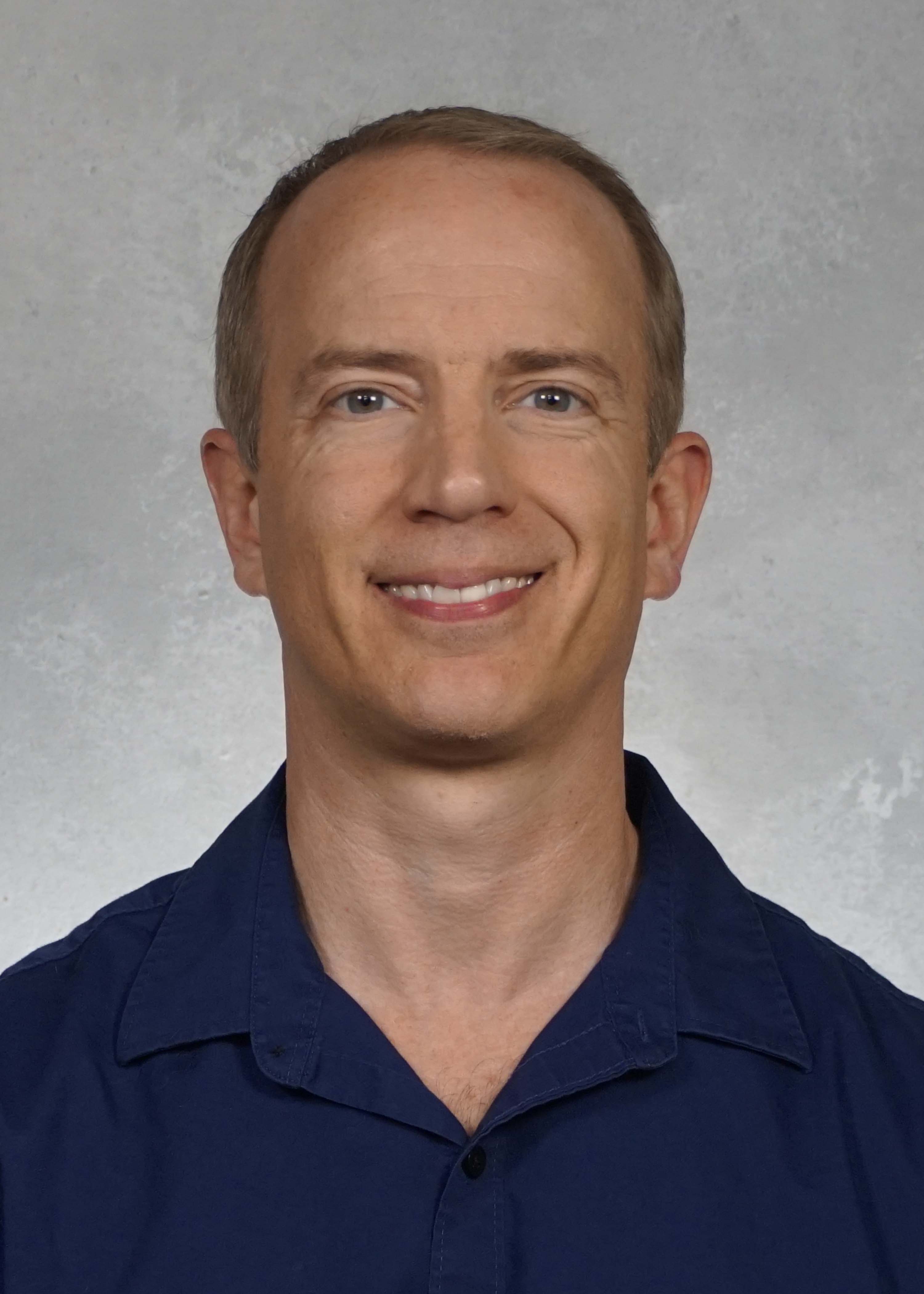FACULTY
Alicia Carrasco, MD
(she/her/hers)

Dr. Carrasco is board-certified in Internal Medicine and Addiction Medicine. She completed residency at UCSF and stayed in San Francisco doing primary care and hospital work in the safety net system before moving to Boise. She helped implement primary care-based MAT services in San Francisco, Nampa, and the Boise VA. She has run numerous X-Waiver trainings, including regional trainings through the Society for General Internal Medicine, American College of Physicians and Project ECHO.
She is the site director for a national VA project evaluating the effect of Opioid Reassessment Clinics on patient outcomes and core faculty for the UW-Boise Internal Medicine Residency where she has created and implemented a substance use disorder curriculum that includes X-waiver sessions for all trainees.
She chairs the Opioid Safety Initiative and Pain Committee at the VA, which seek to prevent, diagnose and treat opioid use disorder. Her clinical work focuses on pain and substance use disorder overlap syndromes.
Nari Hsiu, DO
(she/her/hers)

Dr. Hsiu received her BA in International Studies from the University of Washington and then worked as an ophthalmic technician before matriculating at Pacific Northwest University of Health Sciences College of Osteopathic Medicine. During medical school, she found her passion for working with individuals struggling with mental illness and addiction. She completed psychiatry residency at the University of Washington, Boise Track. She recently completed fellowship training at the University of Washington Boise and plans to work at the Boise VA Medical Center as a staff psychiatrist with subspeciality in addiction medicine. Nari enjoys anything lemon-flavored, bicycle rides on the Boise greenbelt, and spending time with her friends and family.
Todd Palmer, MD
(he/him/his)

Dr. Palmer has been a family physician since 1989 and has been a faculty member at the Family Medicine Residency of Idaho (FMRI) since 1998. He achieved board certification in addiction medicine in 2015 and has been the faculty lead for development and implementation of the addiction medicine curriculum at FMRI and oversite of their controlled substances policies and protocols. He was the first Suboxone waivered provider at FMRI and championed the integration of a robust MAT program into clinical care at FMRI. All residents receive MAT training and are granted a waiver to prescribe buprenorphine prior to graduation. He is the medical director of the University of Idaho’s ECHO program on chronic pain and opioid abuse, recruited their expert panel, and has also used this forum to help train over 150 Idaho providers in MAT towards them getting their Buprenorphine waiver. He has been active in Idaho state policy related to controlled substances.
Dr. Palmer has developed an addiction medicine fellowship at FMRI and will serve as it’s program director.
Radha Sadacharan, MD
(she/her/hers)
 Dr. Sadacharan is a board-certified family medicine physician with a passion for working with justice-involved populations and people with addiction. She completed residency at Swedish First Hill – Family Medicine in Seattle, WA, and a T32 research fellowship at Brown University in the Infectious Diseases division, focused on the intersection of justice involvement, infectious disease, addiction and primary care. Radha works with Idaho Department of Correction on population and public health initiatives, and with the local syringe service program to support their medical services, including low barrier buprenorphine. Radha serves as a healthcare subject matter expert for All Rise (formerly the National Association of Drug Court Professionals), and has served on multiple panels for Project ECHO, focused on addiction and correctional health, through the University of Idaho and University of Wisconsin. Radha teaches at Full Circle Health Boise and Nampa family medicine residency programs, and is always down to talk about music, food, and how awesome Philadelphia is.
Dr. Sadacharan is a board-certified family medicine physician with a passion for working with justice-involved populations and people with addiction. She completed residency at Swedish First Hill – Family Medicine in Seattle, WA, and a T32 research fellowship at Brown University in the Infectious Diseases division, focused on the intersection of justice involvement, infectious disease, addiction and primary care. Radha works with Idaho Department of Correction on population and public health initiatives, and with the local syringe service program to support their medical services, including low barrier buprenorphine. Radha serves as a healthcare subject matter expert for All Rise (formerly the National Association of Drug Court Professionals), and has served on multiple panels for Project ECHO, focused on addiction and correctional health, through the University of Idaho and University of Wisconsin. Radha teaches at Full Circle Health Boise and Nampa family medicine residency programs, and is always down to talk about music, food, and how awesome Philadelphia is.
Gavin Shoal, Ph.D
 Dr. Shoal is a Transformation and Recovery Center SUD Psychologist. He obtained his Ph.D. in Clinical Psychology from the University of Kentucky in 2005. He completed his doctoral internship at the Cincinnati VA with emphases in substance use disorders and neuropsychology. He subsequently completed a post-doctoral fellowship with emphasis upon substance use disorder treatment at the North Florida / South Georgia Veterans Health System. Following his fellowship, he served for 10 years as Clinical Coordinator for the NF/SG VHS Psychosocial Residential Rehabilitation Treatment Program (PRRTP), leading a team caring for Veterans with comorbid serious mental illness and substance use disorders. He joined the Boise VA in 2019 and has served with the Behavioral Health Interdisciplinary Program and the Transformation and Recovery Center. Dr. Shoal has published peer reviewed research in national Psychology and Psychiatry journals on the topics of substance use disorder etiology and antisocial behavior, especially amongst adolescents and young adults. He is currently pursuing an IRB-approved empirical investigation of factors that might predict severe relapse and hospital readmission following residential treatment for SUD. He is also passionate about workplace team development and the incorporation of physical health interventions (e.g. exercise programming) into holistic approaches to mental health care.
Dr. Shoal is a Transformation and Recovery Center SUD Psychologist. He obtained his Ph.D. in Clinical Psychology from the University of Kentucky in 2005. He completed his doctoral internship at the Cincinnati VA with emphases in substance use disorders and neuropsychology. He subsequently completed a post-doctoral fellowship with emphasis upon substance use disorder treatment at the North Florida / South Georgia Veterans Health System. Following his fellowship, he served for 10 years as Clinical Coordinator for the NF/SG VHS Psychosocial Residential Rehabilitation Treatment Program (PRRTP), leading a team caring for Veterans with comorbid serious mental illness and substance use disorders. He joined the Boise VA in 2019 and has served with the Behavioral Health Interdisciplinary Program and the Transformation and Recovery Center. Dr. Shoal has published peer reviewed research in national Psychology and Psychiatry journals on the topics of substance use disorder etiology and antisocial behavior, especially amongst adolescents and young adults. He is currently pursuing an IRB-approved empirical investigation of factors that might predict severe relapse and hospital readmission following residential treatment for SUD. He is also passionate about workplace team development and the incorporation of physical health interventions (e.g. exercise programming) into holistic approaches to mental health care.



